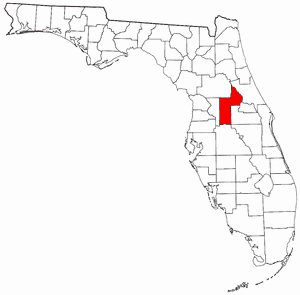
California Confirms Its First 2021 Equine WNV Case
The unvaccinated Fresno County mare is reported as recovering.
Horse-health-problem risk factors, prevention, diagnosis, and treatment

The unvaccinated Fresno County mare is reported as recovering.

The 2-year-old filly was euthanized after contracting Eastern equine encephalomyelitis.

The case marks the state’s sixth confirmed case for 2021.

The affected horse resides in the United Counties of Stormont, Dundas, and Glengarry.

One additional horse at the affected horse’s facility has been exposed.

The horses reside on two separate Hamilton County facilities.

One horse has been confirmed with Eastern equine encephalitis.

The four horses resided on three different premises in three counties. All affected premises are under quarantine until TAHC requirements are met.

Horse manure is rich not only in energy and soil-building nutrients, but also information about your horse’s health and well-being. In this article, veterinarians offer guidelines to help you better “read” your horse’s poop.

Dr. Andrew van Eps suggests addressing obesity now to prevent laminitis, shares new insight into supporting limb laminitis, and offers advice about icing feet in acute cases.

This marks the second documented case of a newborn foal contracting atypical myopathy and the first to link the condition to toxins passed through the mare’s milk.

The case of West Nile virus marks the state’s first in 2021.

The horse was tested at the request of a rescue facility’s owner to comply with pre-entry requirements.

The private facility where the horse resides is under voluntary quarantine.

The 12-year-old unvaccinated Miniature Horse was euthanized.

Veterinarians could soon determine which horses are at risk of certain neurologic diseases through a simple urine test that reveals how a horse breaks down vitamin E.
Stay on top of the most recent Horse Health news with
"*" indicates required fields